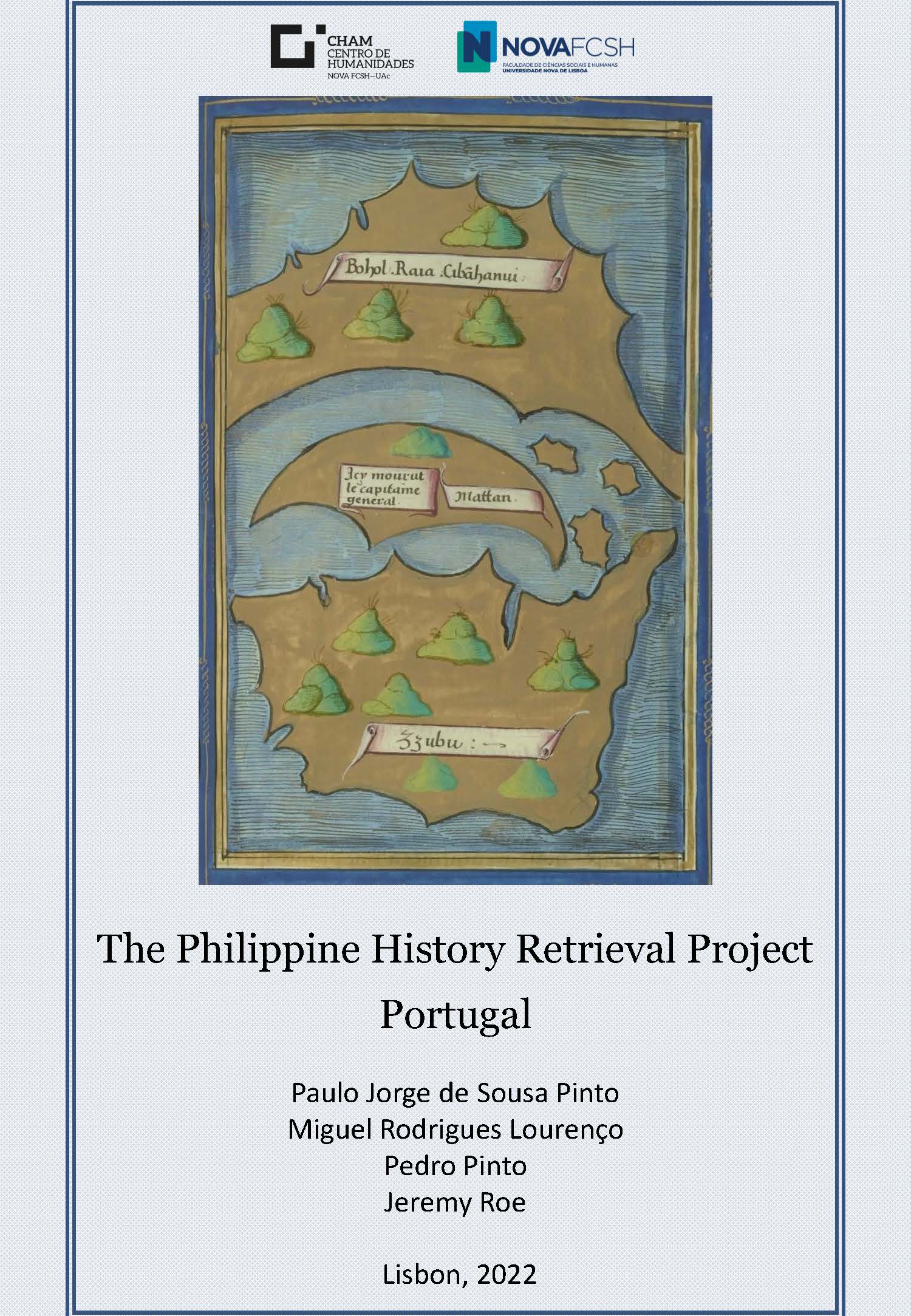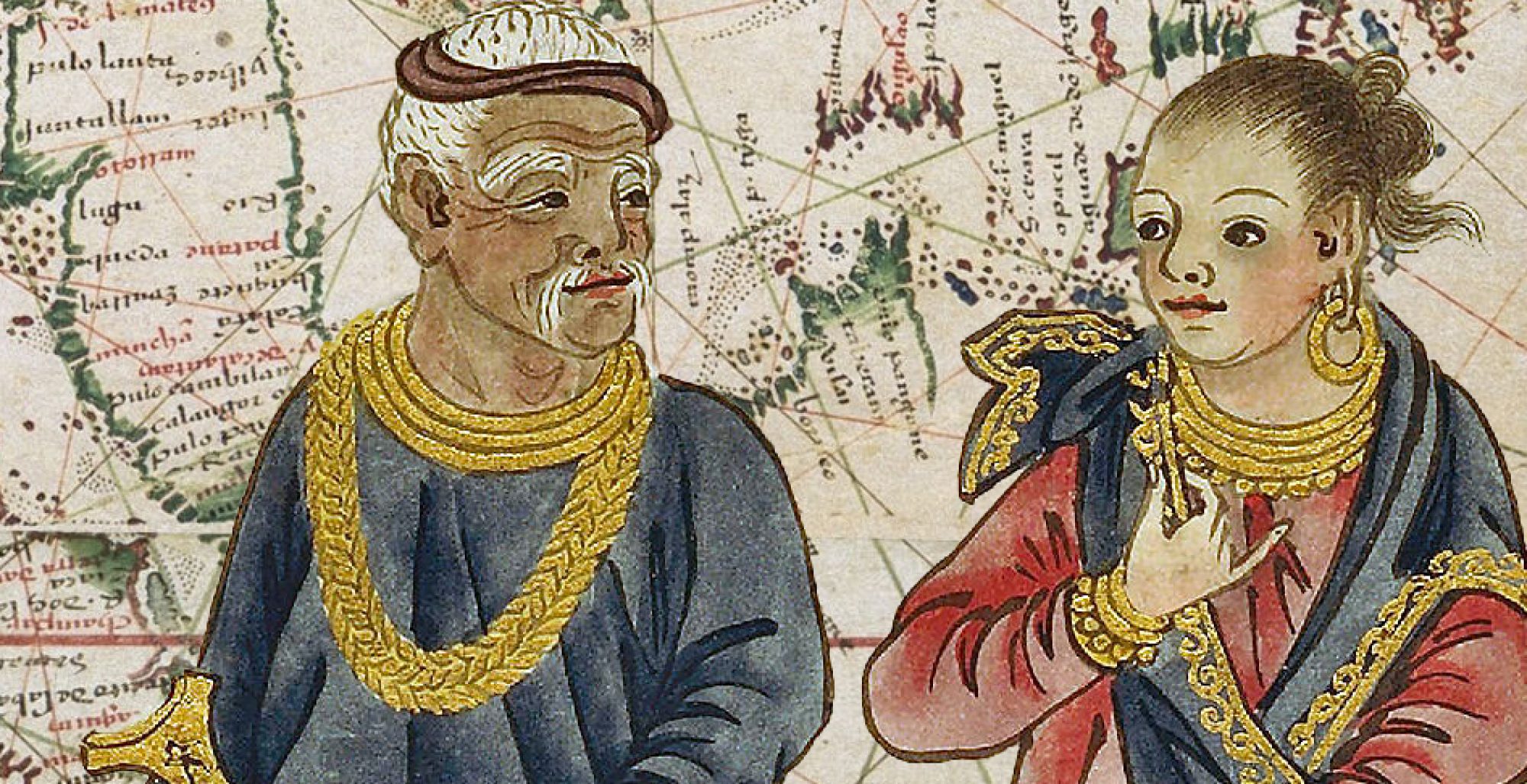
The Philippine History Retrieval Project – Portugal intends to create a repository of information from early sixteenth-century Portuguese documents that address a range of aspects of the History of the Philippines. It will provide a compilation of data to be be prepared for publication through the following process:
- selection of documents and choice of chapters and/or relevant excerpts
- reproduction using digitization/image capturing or photography
- transcription
- translation into English
- annotation and revision
- compilation in chronological order.
The Project started in December 2020 and was completed in 2022. It is now in process of editing and publication by the National Historical Commission of the Philippines.
The working materials include archival manuscripts, chronicles and similar texts, and rutters, itineraries or roteiros.
The Project involves a team of 13 people, including scholars, researchers, experts on the transcription of sixteenth-century Portuguese and translators, under the coordination of four members of the Working Group:
- Jeremy Roe
- Miguel Rodrigues Lourenço
- Paulo Jorge de Sousa Pinto
- Pedro Correia Pinto
One of the main features of the Project is to provide accurate and careful translations of the original 16th century Portuguese materials. The translation/revision team is composed of the following experts:
- Hilary Owen – Professor of Portuguese and Luso-African Studies, University of Manchester
- Jean Andrews – Department of Modern Languages and Cultures, University of Nottingham
- Jeremy Roe (also supervisor) – CHAM, NOVA FCSH
- Joseph da Costa – Department of International History, London School of Economics and Political Science
- Patricia Anne Odber de Baubeta – Honorary Senior Lecturer, University of Birmingham
- Simon Park – Associate Professor in Medieval and Renaissance Portuguese, University of Oxford
The Philippine History Retrieval Project – Portugal is a collaborative project funded by the National Historical Commission of the Philippines (NHCP) and the National Quincentennial Committee (NQC), and sponsored by the Department of Foreign Affairs, through the Embassy of the Philippines in Lisbon.
